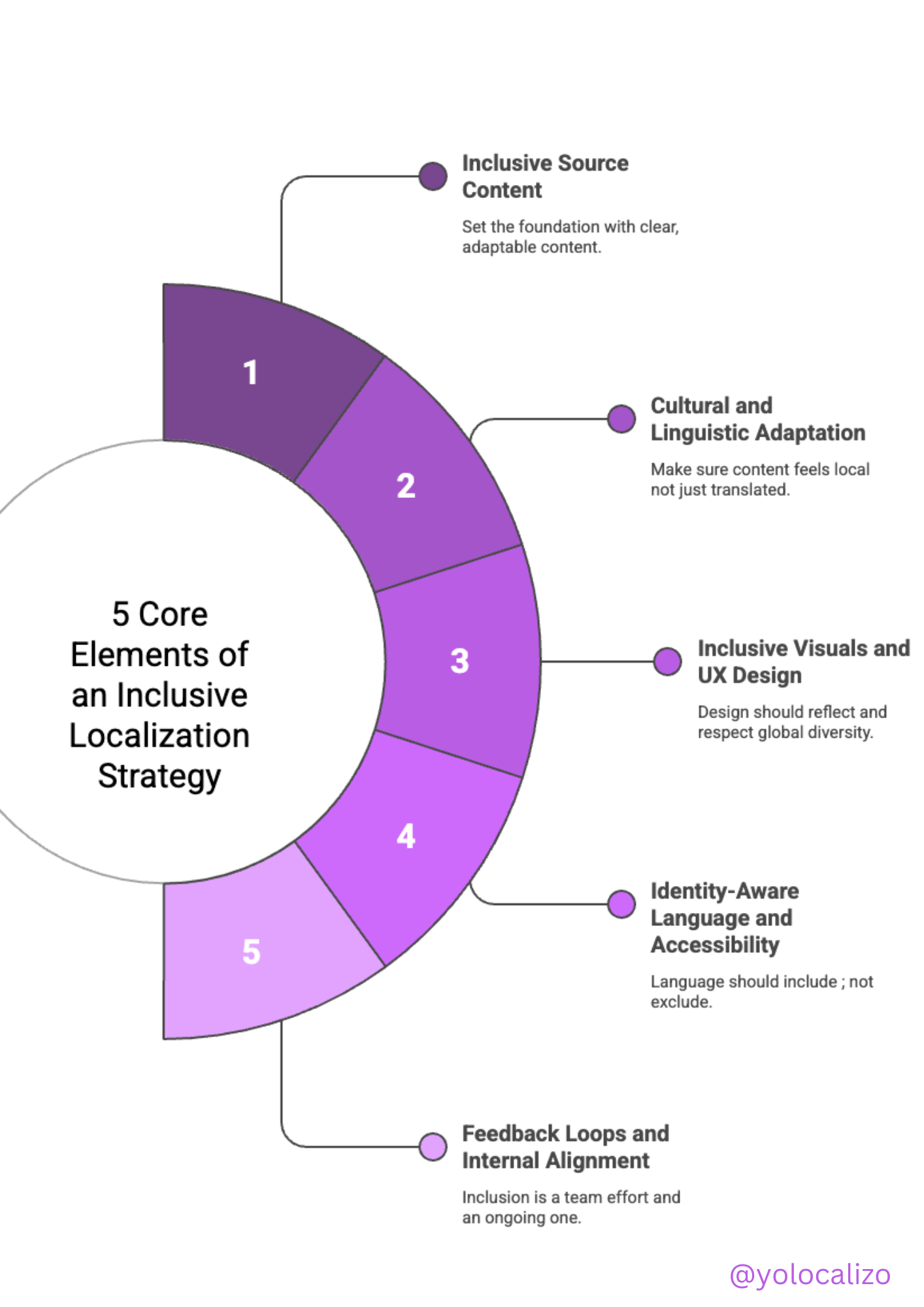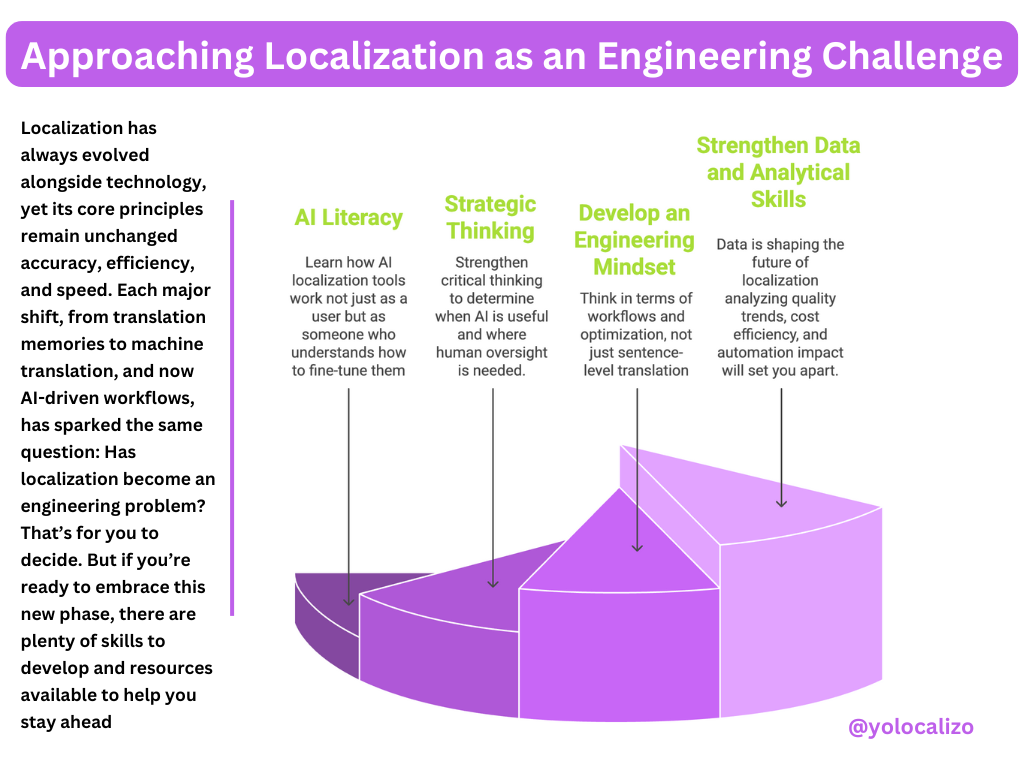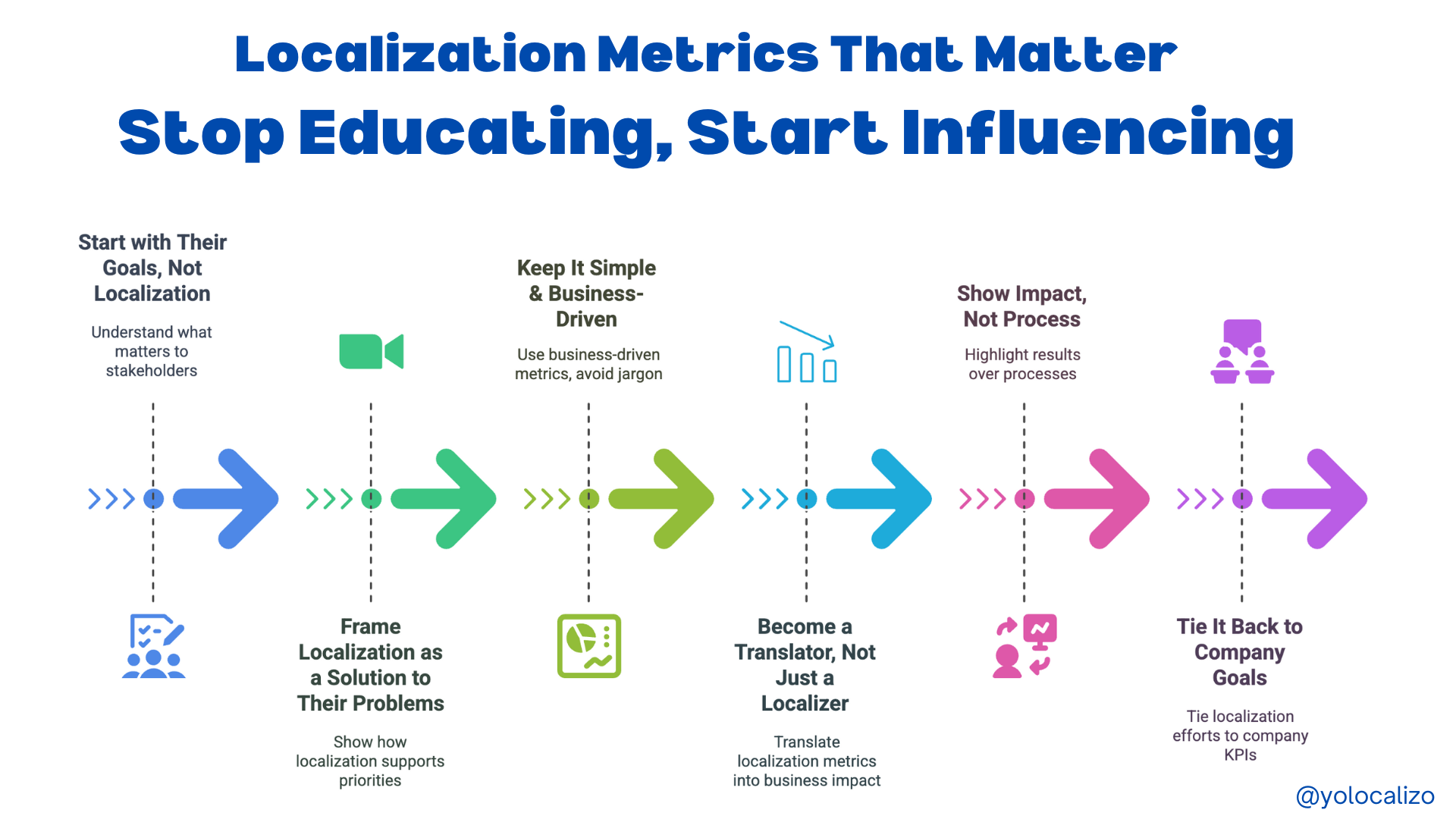Which is the role of a Manager in a high performing team?
I do love writing about Localization … fascinating industry! But I do also really enjoy the field of management, leadership, and psychology ... Today my post is going to explore a different management style I’ve been exposed in my career….
I’m on the plane now heading to Spain, after an intense week in Stockholm. It is time to think about what happened during last days. Put some calm in my head after a very nice and hectic week.
Between sip and sip of a coffee, I’m listening to the great Ludovico Einaudi in Spotify…. I’m giving some silence to my brain …. And I can’t … I cannot stop thinking about how different the culture in terms of leadership and management is in this part of Europe vs the part of Europe I’m more familiar :)
I do really like the approach taken by these friendly and analytic Scandinavians minds. One of the areas that it surprised me more at the beginning, it is that the structure in terms of Management tends to be flat, or sometimes, even if there’s a kind of pyramid, it’s considered absolutely normal that a junior employee challenge the decision of a senior employee, even at a C level!
But challenge in a good way! a challenge in the sense of understanding why certain processes are done, what it will be achieved, what problem we are trying to solve….in that sense I do think the mindset is quite aligned with the theory of the golden circle popularized by Simon Sinek.
It’s not important your job title, you need to understand what you are going to work, what you are going to produce … this seems quite logical now when I think about this … but when I think about how this was approached in other phases of my career I can see that we are comparing day-night. I have done many tasks in the past because I was told, and somehow, I did not feel legitimate to speak up. I don’t know if it was because I did not have the courage to do it, or if it was because I was in an environment where disagreeing was not perceived as adding value … or maybe because all this change in the way I’m working is coming from the Scrum movement, from the Agile movement or from the Management 3.0 framework…. anyway, whatever the real reason is ... the reality is that I’m absolutely thrilled to be working in this nice environment.
An environment where working in delivering a great product (games in my case) is as important as finding a way to energize people, to empower people, to develop our skills.
One of the areas that I thought more in the past year is what’s the role of the manager if a team is self-organize? If we let the different team members work on their goals, in their processes…. the role of a manager is over??? Now I understand that the role of a manager is not over even if a team is self-organized!, now I understand the role of a manager is about making sure that all team members care about what they do … and then trying to make things better every day.
In that sense, I do really love one of the principles of the Management 3.0 manifesto
“Management is a responsibility of everyone. It’s too important to leave it just to the Managers”
I love it :) So simple and so right!
How do we do that? Firstly, with patience, secondly swallowing the proud and being humble to stay curious to understand the moving motivators of the different team members and lastly following six core competencies as explained in the M30 model
1. Energize people
2. Empower teams
3. Align constraints
4. Develop competencies
5. Growing structure
6. Improve everything
How do you energize people?
There are different ways … but the one I found more effective so far is by creating a safety environment. Why? Because creativity requires being safe … and to be safe I need to be totally sure that it does not matter if a make mistakes. It’s very different to be in one of those motivational situations as these “empty” pictures in LinkedIn where we can read about mistakes ….and something totally different is performing a few errors and understand that you are not going to be fired for those mistakes. In that sense, definitely, I do mistakes….
But I try to remember this quote as often as possible :)
“ Any man can make mistakes, but only an idiot persists in his error”
How do you empower teams?
By letting them decide about the things that are important to them. This concept was very well explained in the book “Turn your ship around”
How do you align constraints?
Henrik Kniberg explains this brilliantly and really funny in this comic strip … As Managers, we align constraints by having a vision, and by ensuring everyone once agrees with the vision. Teams are involved in the vision and mid-check points are necessary from time to time to ensure all the constraints and impediments to achieve the vision are removed ….
How do you develop competencies?
There are multiple ways.
· Self-discipline is one of my favorites. You know where you are point A. And you know more or less J where you want to be point B. And you design a plan to be there and make that journey. I believe self-discipline is the most effective way to develop competencies because according to certain studies held by Jensen it was discovered that self-discipline is twice important as IQ for final grades of students. Self-discipline works because it starts acknowledging with the realization that something is important, and then you design a plan to achieve it. Step by step … for those who understand Spanish “al merme” as Jose Mota would say :)
· Coaching. We give or receive feedback depending if we are the coach or the coachee. We can focus on interpersonal skills or performance skills. The goal here is giving the space to polish or even acquire new skills.
· Mentor. The role of the mentor is quite present nowadays, although I must admit that quite often this role is misunderstood and it’s used indistinctly coach and mentor to refer to the fact of improving someone else skills. The way I see it when it comes to explaining the differences between a mentor and a coach in the Agile world is that the mentor offer resources, bits of advice, opinions… the mentor, mentor the person and the problem. While coach focuses on the person, not the problem … The mentor needs to be an expert on the topic, and definitely, it needs to know more than the other person. I guess the easier way to understand it is when it comes to seeing the relationship between Yoda and Luke in Starwars
http://www.edbatista.com/
How do you grow structure?
One very important concept here is to be really aware of the Parkinson’s law! Check out my post on that topic HERE
It’s very important to have this part under control… once you have managed to control de Parkinson law it’s important to widen people job’s title. Why? Because otherwise, we create a bottleneck and unnecessary specialization. About that particular aspect, I do think Jurgen Appelo does a good job in his job Management 3.0 when he speaks that maybe instead of Content Developer, Content Manager, Web Editor, Web Designer, Interaction Designer, Front-end Designer, Front-end Developer, Web Manager, and Front-end Manager we can just call them Developer. Being “just “a Developer will allow us to work on the Backend or the Frontend if necessary without being prisoner of the job titles. In my opinion the fewer job titles in a team the better.
“The reasonable man adapts himself to the world; the unreasonable one persists in trying to adapt the world to himself. Therefore, all progress depends on the unreasonable man.”
How to improve everything?
For me, the best approach in the software environment to improve everything is related with Agile retrospective+improvement backlog+Kanban. When we combine the power of each of these improvement systems we are really close to improving everything.
I invite you to think about all these ideas exposed here … this is what I have done in my flight trips :) and my continuous deep dive in the Scandinavian culture….. Finding an answer to the following questions is becoming a journey quite exciting for me.
· How can I motivate our teams?
· How can I change my mindset as a manager?
· How can I get teams to get responsibility?
· How can I support develop people competencies?
I hope you find some value in the Agile world, Management 3.0 and Scrum movement. We are living in a fascinating moment in the history of business …. Telling people what to do is not a valid model anymore finding a way to energize people and empower them seems to be the key ingredient for a successful outcome in a high-performing team.
Have an awesome w-end!
@yolocalizo

















Localizability has always been a challenge small issues in source content often lead to big problems later in translation. In this post, I explore how AI is giving localization teams a powerful new way to improve source quality, reduce friction, and create better content for every market right from the start.